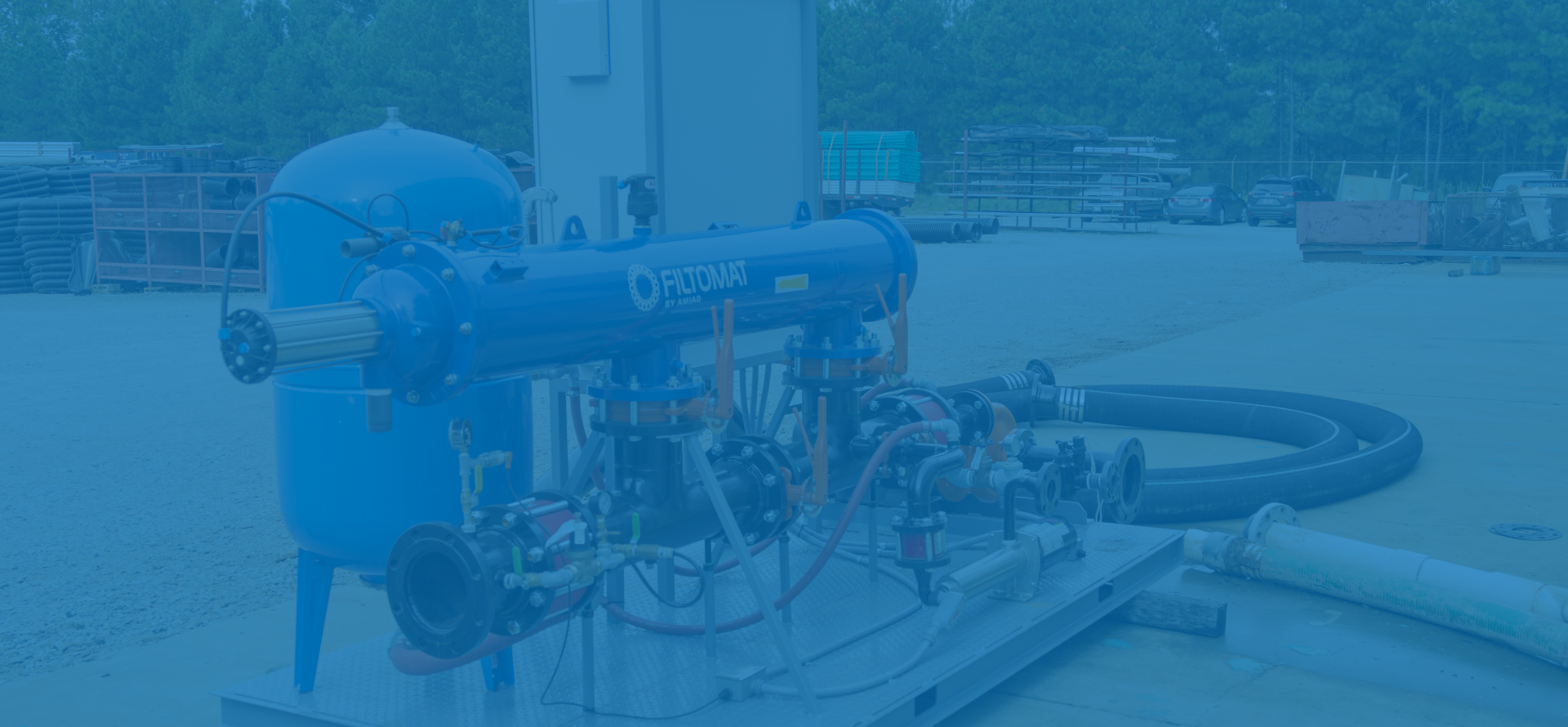
Many home owners enjoy maintaining a beautiful green lawn during the summer months. Chemicals sprayed or spread on lawns to cultivate growth, and to control weeds and insects should be used with proper precautions to reduce the risks to pets. The risks to pets vary depending upon the kinds of chemicals to which they are exposed, the degree of exposure and the health and age of the animal.
Labeling Lawn Chemical Products
Today’s greater awareness among modern lawn chemical developers has spurred efforts to improve chemical product labeling to help inform users on proper handling, use and storage, in the interest of greater safety.
Warning labels on lawn care products packaging now also typically list the contents’ specific hazards to animals, and provide statements about necessary precautions during use.
Users of lawn care chemicals should read product labels carefully and take appropriate measures to maximize safe handling, application, and storage of all chemical products produced for yard applications.
What Pet Owners Can Do for Pet Safety with Lawn Chemicals
There are many actions that pet owners can take to maintain a beautiful lawn, while keeping pets safe.
- Don’t over-treat your yard. Most lawns require little additional chemical treatment after initial seasonal fertilizing.
- When using weed control products that must be allowed to dry on the leaves, ensure that pets do not access the area during the waiting time necessary for the leaves to completely dry.
- Store all lawn chemicals in a secured location that is inaccessible to pets (and children).
- Keep pets, water bowls and pets’ and children’s’ toys inside during chemical treatment of yards, and ensure that there is no danger of chemical exposure before allowing access.
- Wash dogs’ feet and stomachs thoroughly after any accidental exposure to lawn chemicals.
- Change clothes and shoes that were worn during a fertilizer or chemical application to prevent accidental transfer and exposure.
- Use organic alternatives to manufactured chemicals, when possible, for cultivating your lawn.
- Reduce your need for manufactured chemical applications by adjusting your soil’s acidity or alkalinity (pH), so that it is at optimal pH for grass to grow. See your garden supply expert for instructions and supplies.
- Use slow-releasing organic fertilizer for stimulating grass growth.
- Set your mower blade higher, instead of cutting grass very low, in order to crowd out weeds.
- Be cautious near parks or neighboring yards that are treated with chemicals.
W. P. Law, Inc., Lexington, SC
For more information about lawn cultivation and maintenance products and services, contact W.P. Law in Lexington, South Carolina. We’re here to answer your questions, any time.









